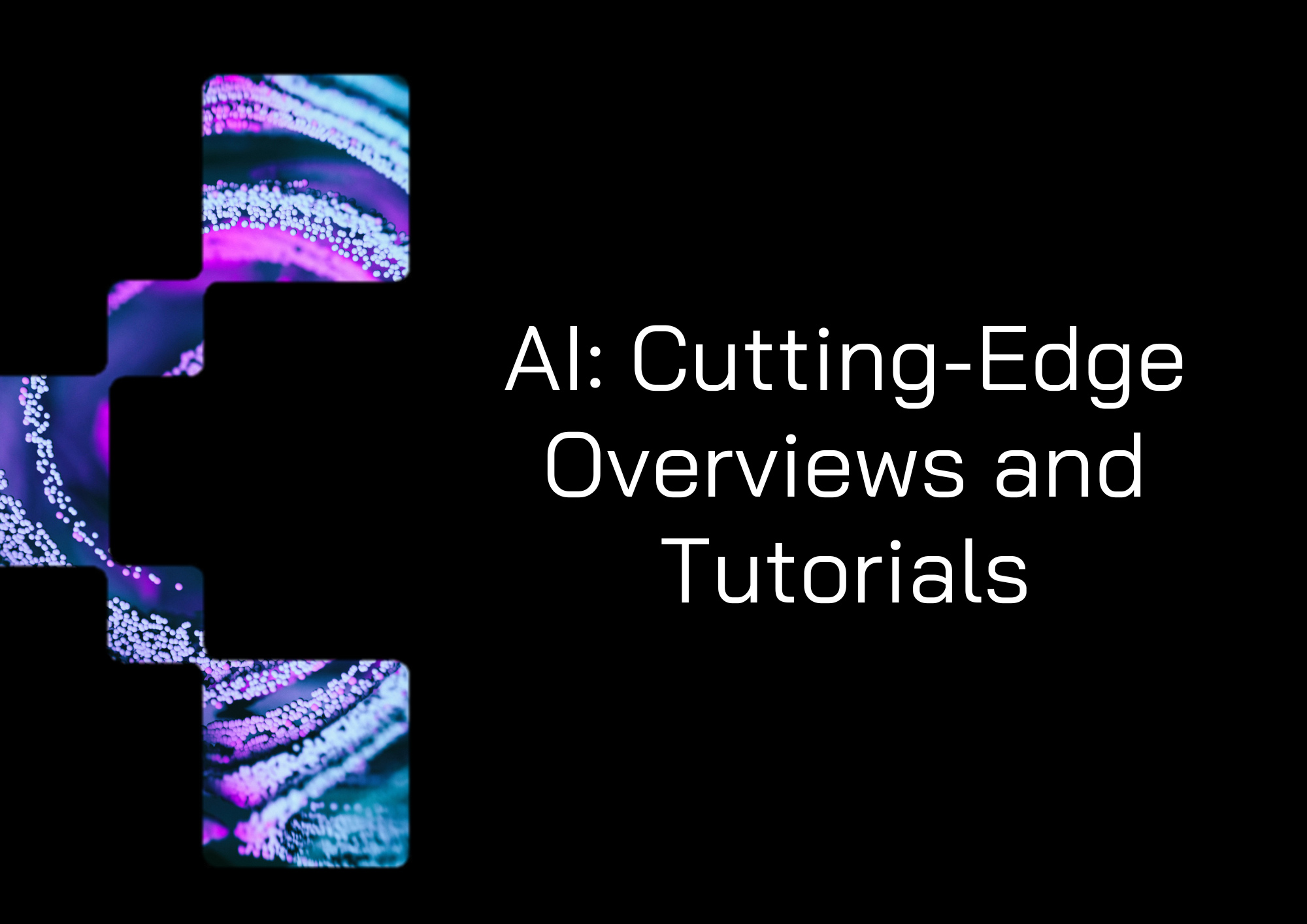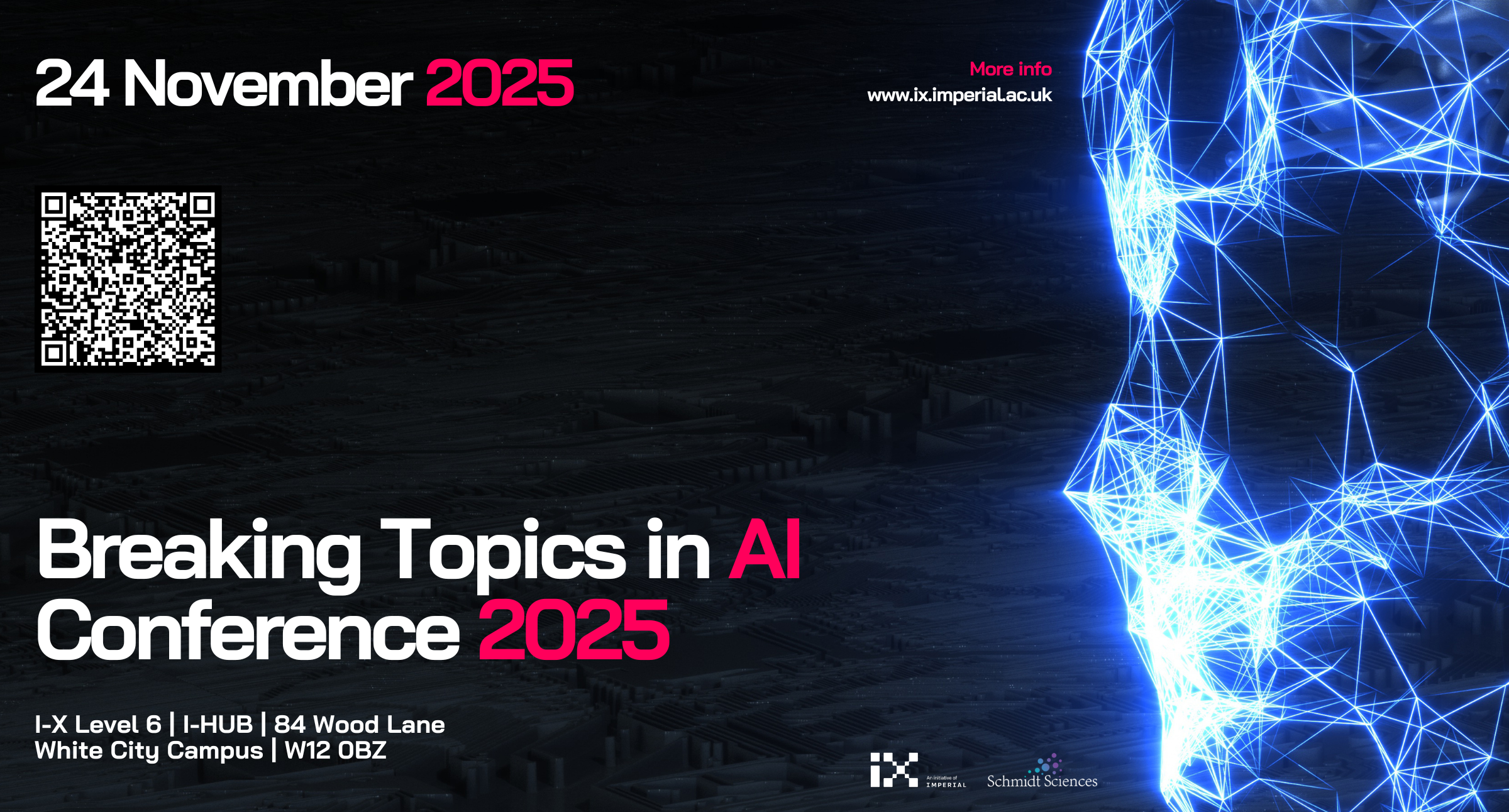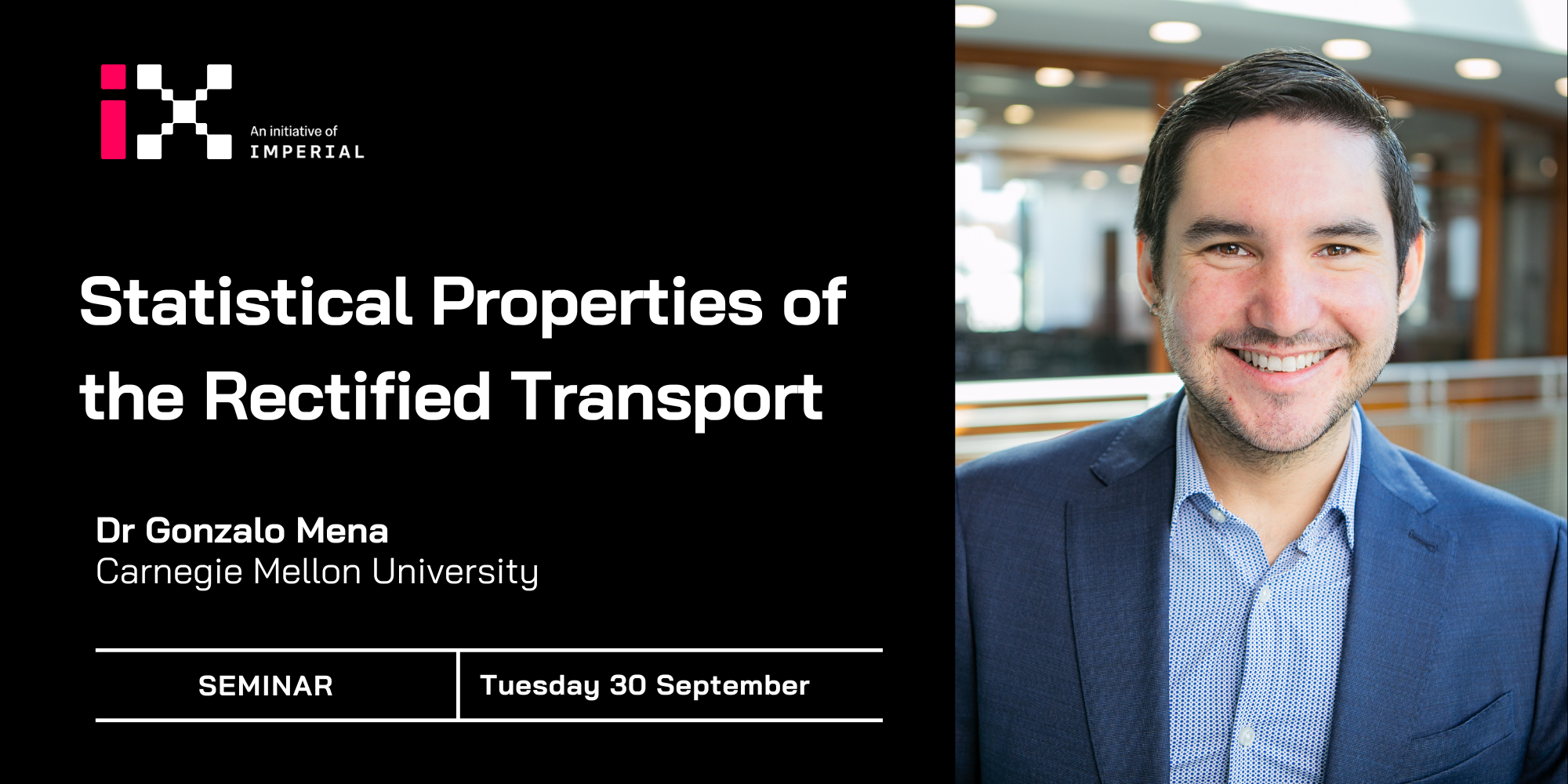Dr Ismail Ilkan Ceylan
Ismail Ilkan Ceylan is a Lecturer at the Department of Computer Science, University of Oxford. His research interests are broadly in AI & machine learning with a particular focus on graph machine learning, which includes a class of challenging problems that can be naturally characterised using relational structures. This is a highly interactive field, where techniques from machine learning (e.g., deep learning, graph representation learning, probabilistic methods), knowledge representation (e.g., logical reasoning, knowledge graphs), and theoretical computer science (complexity theory, graph theory) are relevant. Ismail aims to theoretically quantify the capabilities and limitations of existing model architectures and then use these theoretical findings to develop novel architectures from first principles to eventually apply the resulting models in critical real-world domains. Ismail was awarded multiple prizes for his doctoral thesis including the E. W. Beth Dissertation Prize. Ismail is also the recipient of the Marco Cadoli Best Paper Prize at KR 2016 and co-authored a paper which was awarded the Best Paper Prize at ICDT 2020. He has been recognised as a distinguished reviewer or PC member in top AI/ML conferences, including NeurIPS, ICLR, IJCAI and AAAI. Three doctoral students and numerous MSc students have successfully completed their thesis under Ismail’s close supervision. Ismail is currently co-supervising seven doctoral students with Prof. Michael Bronstein.



